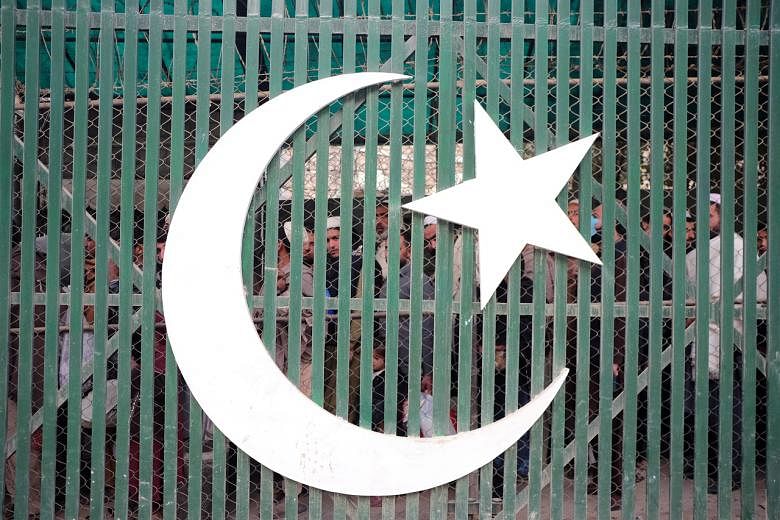ISLAMABAD (DAWN/ASIA NEWS NETWORK) - After a considerable time, organ trafficking is once again in the spotlight, illustrating the fact that any laxity on the part of the criminal justice system provides a lifeline to this racket.
The daughter of well-known comedian Umar Sharif died on Monday (Feb 17) evening from complications resulting allegedly from an illegal kidney transplant.
Acting on a written complaint by the victim's brother, the next day a joint team of the Federal Investigation Agency (FIA) and the Human Organ Transplant Authority raided the residence of the surgeon accused of carrying out the operation, Dr Fawad Mumtaz.
The doctor however, had already absconded in order to evade arrest.
The case is typical of how the illegal organ trade has adapted to increased vigilance against it by law-enforcement authorities in the last few years.
Apparently the patient was not operated on in Lahore where the surgeon has his practice - that too in one of the city's foremost government hospitals - but in Azad Jammu & Kashmir.
Until recently, most illegal transplants took place in Punjab.
But in the wake of raids carried out by the FIA since 2017 that busted several organ trafficking rings, the theatre of operations has - quite literally - moved into KP and beyond.
There was never any doubt that unscrupulous individuals would try to find ways to keep this lucrative racket alive; only a consistent and unrelenting drive against it could have prevented them from succeeding.
What has transpired in the present case indicates we are nowhere close to that.
Dr Fawad was implicated in the very first case registered by the FIA Lahore after organ trafficking was included in the agency's schedule, and under circumstances that should have made it an open-and-shut case.
Instead, a shockingly lax criminal justice system has apparently enabled, and emboldened, the surgeon to resume the illegal practice.
According to the organ transplantation law, a conviction for playing any role in this racket carries a prison sentence of up to 10 years.
It also stipulates that registered medical practitioners found guilty of the crime for the first time will see their licences suspended for three years; subsequent conviction will result in permanent loss of licence.
The courts must show no leniency towards those charged with the crime, and law enforcement should work to anticipate the various ploys that trafficking rings use to stay a step ahead.
Pakistan must never regain the shameful reputation of being a thriving market for vended organs.
Dawn is a member of The Straits Times media partner Asia News Network, an alliance of 24 news media organisations.

